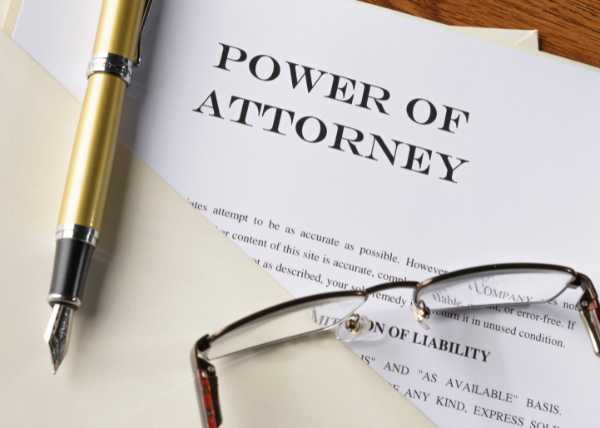
The short answer is no, you are not legally required to hire a lawyer to revoke a Power of Attorney. As long as you follow the necessary steps and create a valid revocation document, the process can be completed independently. However, involving an elder law attorney can provide additional peace of mind and ensure that all legal requirements are met. In this article, we'll explore the process of revoking a POA and whether legal representation is necessary.

Power of Attorney (POA) is a crucial legal document that grants another person the authority to make decisions on your behalf. However, circumstances may arise where you need to revoke this authority. If you find yourself in this situation, you may wonder whether you need a lawyer to revoke a Power of Attorney.
Revoking a Power of Attorney means formally and legally canceling the authority granted to the agent (attorney-in-fact) to act on your behalf. This revocation can be partial or complete, depending on your intentions. It is essential to revoke the POA in writing to ensure clarity and avoid any potential misunderstandings.
The process of revoking a Power of Attorney typically involves the following steps:
An attorney can offer valuable guidance, review the revocation document, and assist in notifying relevant parties properly. Additionally, if there are any complexities or potential challenges in the revocation process, an attorney's expertise can be instrumental in resolving them efficiently.
Revoking a Power of Attorney is a significant decision, and it's essential to follow the proper legal steps to ensure its validity. While hiring an elder law attorney is not mandatory, their knowledge and experience can be invaluable in navigating the revocation process and protecting your interests. If you have concerns about revoking a Power of Attorney or require legal advice regarding other elder law matters, consulting with an experienced attorney can provide the guidance and support you need.
Our expert partner attorneys offer free consultations for your claim.